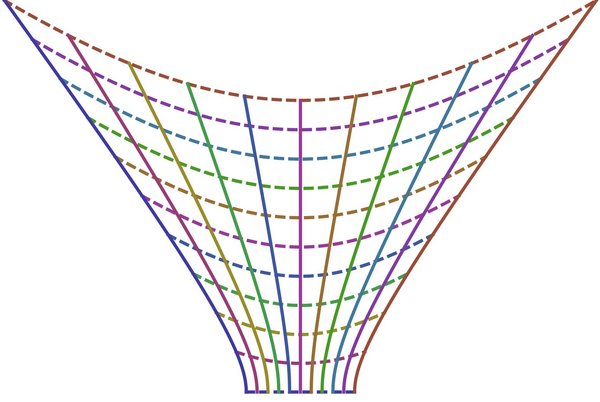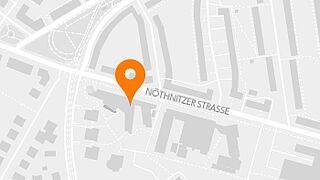Bill Poirier
(Texas Tech University, Lubbock, USA)

Quantum and Semiclassical Trajectories
International Focus Workshop
12 - 14 June 2018
QuSeT focuses on quantum and semiclassical trajectory methods from a highly interdisciplinary perspective, addressing the core question of how best to reconcile the wave- and trajectory-based pictures in quantum mechanics. Over the decades, substantial progress has been made on both the foundational and practical fronts, starting with semiclassical theories, moving to Bohmian mechanics—and most recently, the exact “trajectories-only” approach (aka “many interacting worlds”), in which the quantum wave is discarded altogether.
Progress has relied on contributions from a broad range of disciplines, which often have little interaction with each other. QuSeT therefore seeks to bring together researchers from these diverse communities—e.g., atomic and molecular physics, chemical dynamics, extremely high resolution spectroscopy, mathematics, nuclear physics, scientific philosophy, quantum foundations, and relativistic quantum mechanics—to share ideas and expertise, and to foster exciting new interdisciplinary collaborations.
Topics include
- Semiclassical trajectory methods
- Quantum trajectory methods
- Bohmian mechanics
- Wave-free quantum mechanics/many interacting worlds
- Lagrangian-based numerical methods (e.g. Dirac-Frenkel)
- Atomic and molecular physics
- Chemical dynamics
- Nuclear physics
- High resolution spectroscopy
- Noether’s theorem, symmetry, and conservation laws
- Quantum foundations
- Relativistic effects in electronic structure and dynamics
- Quantum field theory effects
Invited speakers
Irene Burghardt (DE)
Rick Heller (US)
Mahir Hussein (BR)
Caroline Lasser (DE)
Craig Martens (US)
Frederic Merkt (CH)
Salvador Miret-Artes (ES)
Tomoki Ohsawa (US)
Markus Reiher (CH)
Gilbert Reinisch (FR)
Jan-Michael Rost (DE)
Yohann Scribano (FR)
Chip Sebens (US)
Ward Struyve (DE)
David Tannor (IL)
Jiri Vanicek (CH)


